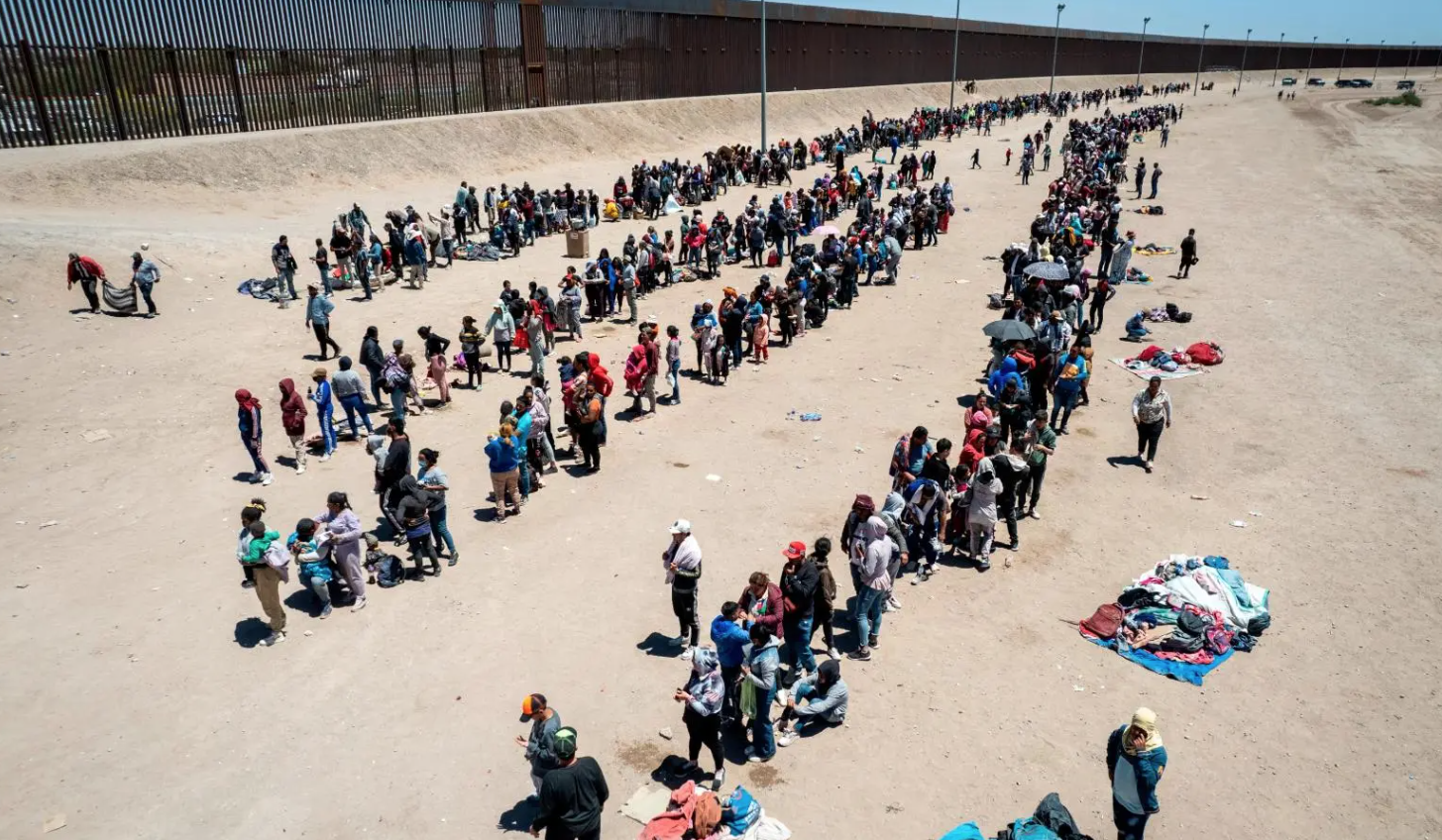Recently, U.S. President Joe Biden announced the suspension of Title 42, which grants the U.S. border service the ability to prevent immigrants from entering the country. Under the justification of protecting citizens from the risks of the COVID-19 pandemic, the Centers for Disease Control and Prevention (CDC) has prevented millions of Latin Americans from entering the country in the last two years. The suspension of the measure is being seen as a potential context for an immigration crisis.
The large flows of Latin American migrants to the United States in search of new life prospects are not recent. Over the years, thousands of people have left Mexico, Cuba, Nicaragua and Venezuela, as well as other countries in the region because of financial difficulties, lack of opportunities and even fleeing political persecution.
Former President Donald Trump, who governed the United States for four years, ascended to the presidency of the country with a rather controversial proposal. His administration planned to build a wall on the border with Mexico to prevent illegal migration. The Republican president also announced that he would increase bureaucracy for Latin Americans applying for U.S. citizenship, which was supported by several nationalist political groups.
Although the wall was not built, a major change in immigration policy toward the United States was undertaken. In March 2020, President Trump established the so-called Title 42, which authorized the immediate deportation of any person attempting to enter U.S. soil illegally. This measure was justified by the pandemic context at the time, according to the government, it would be necessary to extend phytosanitary barriers to the country to prevent the spread of the COVID-19 virus, which was already at a very severe level.
The same year that Title 42 was enacted, President Joe Biden won the election based on a discourse of attention to Latino immigrants. The attempt at convergence between the White House and a softer immigration policy was even represented in the composition of the presidential ticket. Biden kept Kamala Harris, a former senator from California and daughter of immigrants, on his side in the electoral dispute.
However, in practice, the Democratic president has been very strict regarding the entry of Latino immigrants into his country. The country’s immigration authorities report that some 2.8 million people have been deported from the United States without the possibility of applying for asylum, one of the provisions contained in Title 42.
This restrictive migration measure, though, expired on May 12, 2023, after the World Health Organization (WHO) announced that the worst phase of the pandemic was over.
There is justifiable concern on the part of both the United States and Latin American countries about the three-year delay for people applying to enter the country. To avoid incidents, President Biden has deployed more than 24,000 immigration agents to the Mexican border, including federal police and military, who, according to the Pentagon, will only help maintain order in crowded areas.
Mexican President López Obrador has offered to help bring Latin American countries and the United States closer together to avoid a chaotic situation. In the northern states of Mexico, in particular, thousands of people are congregating, waiting for the right moment to cross into the United States. There is also a build-up in the Darien Strait, which links Colombia and Panama, a dense jungle area crossed by migrants traveling from South America to Central America.
The procedure for the legalization of Latino Americans in the United States continues to be rigorous and sanctions are applied to those who remain in the country illegally.
International organizations specialized in Human Rights have already presented reports that point out a series of violations of international principles denouncing violence, murders, rapes and other crimes committed against immigrants in the process of seeking asylum in the United States.
The next few weeks will be very delicate in the face of possible migratory chaos of people coming from various Latin American and Caribbean countries in search of a new life on American soil.
*Translated from Spanish by Micaela Machado Rodrigues













